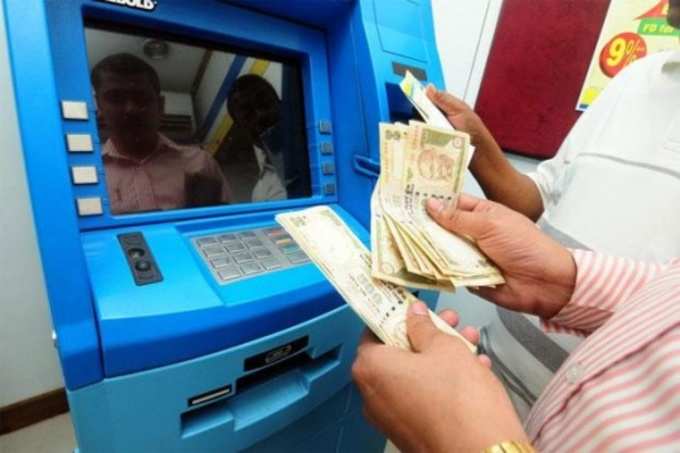
India will see high-tech ATMs in the next two to three years. Further, since the life span of an ATMs is 5-7 years, most banks would replace old machines with high end machines that meet the international standards.
"User requirements have been different. So far it was limited to cash required. As they ask for more functions, we will see more innovation and then a lot of value added services will come," Navroze Dastur, managing director of NCR India told ET. There are close to 1.80 lakh
For years, the ATM machines were used for cash dispensation but as customers became more demanding, the ATM machines have started offering different types of services than ever before.
Unlike past, now customers can recharge the mobile phone, transfer funds and even pay their utility bills at the ATM instead of visiting three locations for these services. Some of the machines even provide customers option of video interaction with bank officials while there are other ATMs that have talking ATM designed particularly for visually impaired.
Also, banks are innovating at their end.
According to industry experts a lot more security features needs to be added to ATMs in order to be at par with international standards. "Indian markets reduced the ATM cost to such an extent that all vendors had to re-do their ATMs to match to the reduced cost of ATM," said Sunil Udupa, founder and MD of Securens Systems Pvt Ltd, an e-surveillance security system provider. "That's probably the reason why most ATMs are not at par with international standards," he added.
For instance, according to industry some machines - Business Hour Chest - are designed to work within malls and bank branches where they are attended to and are meant to work for 8- 10 hours while there are other ATMs - Level One: 24/7 machines - which 15 per cent expensive, but designed to run all day. Most banks install business hour chest (those ATMs designed to function for 8 hours) at off-site locations (not within branches) to save on cost but these machines are not as effective since they are not designed to run all day.
Secondly, in India bank's install commercial grade PC while internationally, banks install industrial grade machines - where the processor and the hardware are of superior quality that enables a customer to check-out faster.
Most significantly, only about 10 per cent of ATMs in India have online alarm system. This means that in case of burglary or an attempted burglary, the bank instantly reacts to it. An alarm is set off as soon as the ATM senses a hammer or drilling or attempts to break open the ATM. The back office receive a command simultaneously and it is able to verify this through a video link and thus take prevent measures. As of now, some of ATMs of SBI, HDFC Bank and
Another feature that would be added soon to enhance data security is storing data in the cloud. NCR has launched Kalpana that moves ATM software and operations to the cloud. As of now, NCR has installed an ATM on Kalpana platform at Gurgaon as a pilot project.
However, Dastur is hopeful that the situation will chance with the evolving needs of the customer. "A machine is replaced every five to seven years and the current set of machines will be replaced with multi-function features. So over the next three year or so we should see India have ATMs at par with international standards," he says.
(Image credits: Indiatimes)